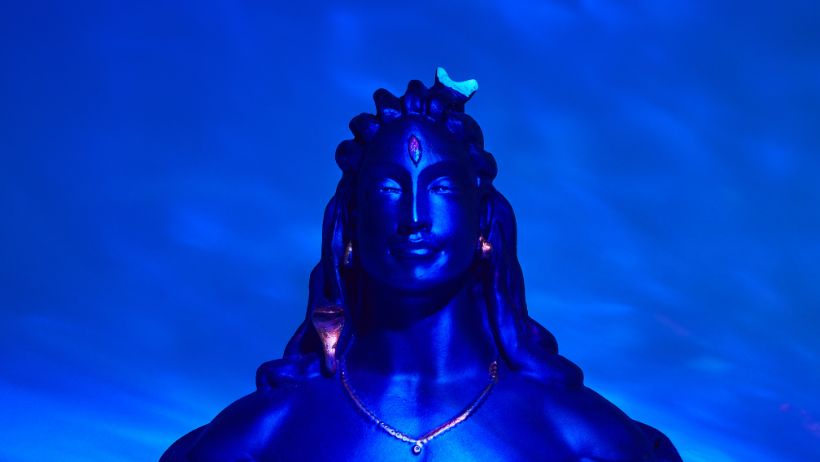Mahashivratri 2024: A Guide to Fasting Rules, Dos, and Don’ts for Shiv Puja
Mahashivratri, one of the most revered Hindu festivals, is set to grace us on Friday, March 8, 2024. This sacred occasion is dedicated to Lord Shiva, the embodiment of divine consciousness and the destroyer of evil. As devotees prepare to celebrate, it’s essential to understand the fasting rules, dos, and don’ts for observing Shiv puja on Mahashivratri.
Mahashivratri, often referred to as “The Great Night of Shiva,” is a significant Hindu festival celebrated annually in honor of Lord Shiva, one of the principal deities in Hinduism. It typically falls on the 14th day of the lunar month of Phalguna or Maagha (depending on the Hindu calendar), which corresponds to February or March in the Gregorian calendar.
The festival holds immense spiritual and cultural significance for devotees of Lord Shiva. It marks the night when Lord Shiva is believed to have performed the divine dance of creation, preservation, and destruction, known as the Tandava. It symbolizes the overcoming of darkness and ignorance by divine light and knowledge.
Dos
1. Wake up early: Begin the day by rising before sunrise during the auspicious Brahma Muhurta time, setting a reverent tone for the day ahead.
2. Have a bath: Purify your body and soul with a cleansing bath, preparing yourself for the spiritual journey ahead.
3. Wear clean clothes: Adorn yourself in white attire, symbolizing purity and devotion to Lord Shiva.
4. Offer prayers: Throughout the day, chant mantras, sing hymns, and recite prayers dedicated to Lord Shiva, deepening your connection with the divine.
5. Perform puja: If feasible, visit a Shiva temple to partake in rituals and offer your prayers. Alternatively, conduct a puja at home with sincerity and devotion.
6. Engage in good deeds: Embrace the spirit of giving by volunteering, donating to charity, or performing acts of kindness, spreading positivity and love.
7. Maintain positive thoughts: Cultivate a peaceful and optimistic mindset, fostering an environment conducive to spiritual growth and reflection.
Don’ts
1. Consume certain foods: Abstain from grains, pulses, and specific vegetables during the fast, opting instead for a simpler diet of fruits, nuts, and milk products. Some devotees choose to refrain from all food and water.
2. Engage in negative activities: Steer clear of arguments, conflicts, or any actions that may breed negativity, focusing instead on fostering harmony and goodwill.
3. Consume alcohol or tobacco: Refrain from the consumption of alcohol and tobacco, as they are strictly prohibited during the observance of Mahashivratri.
4. Overexert yourself: Preserve your energy for spiritual practices by avoiding strenuous physical activities that may drain your vitality.
Fasting Rules
1. Fasting is a personal choice: There is no obligation to observe a complete fast. Listen to your body and select the fasting level that best suits your health and well-being.
2. Consult with a doctor: If you have any health concerns or pre-existing conditions, seek guidance from a medical professional before undertaking a fast.
3. Stay hydrated: Even while fasting, ensure adequate hydration by drinking plenty of water, coconut water, or herbal teas to prevent dehydration.
4. Break the fast properly: If you choose to fast completely, break your fast with a light, easily digestible meal, avoiding heavy foods that may cause discomfort.
As Mahashivratri approaches, let us immerse ourselves in devotion and self-reflection, honoring Lord Shiva with sincerity and reverence. May this sacred festival bring us peace, spiritual growth, and a deeper connection with our higher selves.

